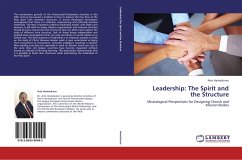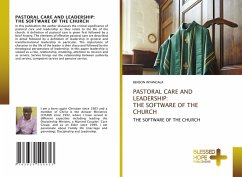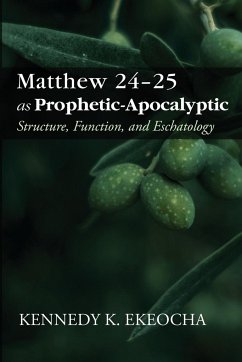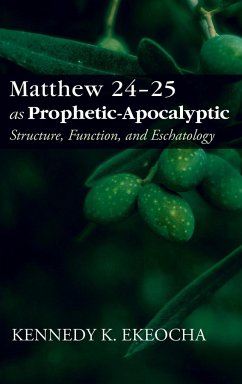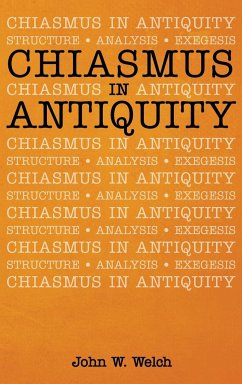The tremendous growth of the Pentecostal-Charismatic churches in the 20th century has caused a problem in how to balance the free flow of the Holy Spirit with necessary structures. A sound theological foundation presupposes that there is a collective, empowering and culturally sensitive leadership. The New Testament collective leadership model, with elders and deacons, is still valid for today. Mission organizations and national churches should be more concerned with structures that can affirm and support the unity of different local churches. Lack of those brings independent and isolated local congregations that can only contribute to world missions in a limited way. The main purpose of leadership is to empower people to build up the body of Christ. Because mission work is now understood as being from everywhere to everywhere, culturally intelligent coaching is needed. New sending countries are especially in need of relevant structures, but at the same time, old mission countries have become stagnated without having an attitude of life-long learning. This dissertation demonstrates that it is possible to build clear structures while maintaining the leadership of the Holy Spirit.
Bitte wählen Sie Ihr Anliegen aus.
Rechnungen
Retourenschein anfordern
Bestellstatus
Storno

